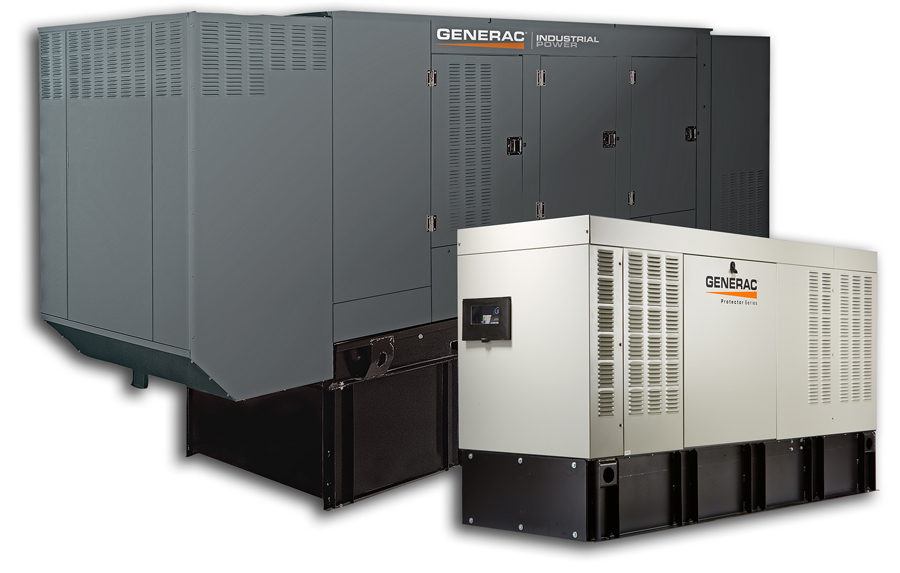
Everyone knows that when hospitals are not functioning due to an outage, they place the lives of patients, staff members, and visitors at risk. What administrators and facility managers often do not realize is that during a time of crisis, a lit hospital is like a beacon to residents. Many visitors won’t leave and many community members flood in, looking for shelter, assistance, food, and water.
If your hospital backup generators are only sized to supply your most critical functions, you will likely have issues handling this crowd of people. Elevators may not be operating, hallways may not be lit, and your cafeteria may not be able to serve food. Your generators need to be able to provide the power to support all of your community, not just your patients and staff.
In addition, recent trends also show the health care industry is moving to a hub-and-spoke model to provide more localized care. This means ambulatory surgery centers, long-term care facilities, and hospice centers may require healthcare backup power to ensure critical procedures are not interrupted in the event of a utility outage, as well as maintain patient safety and comfort.
While healthcare facilities do not need to be Tier 4 compliant for engines, many utilities require compliance to obtain access to their generation. The issue for hospitals is the extra maintenance requirements that are associated with Tier 4 engines, including the emissions systems.
It is well known that hospitals and many other healthcare facilities must adhere to National Electric Code (NEC) 700 and National Fire Protection Association (NFPA) 110 standards, meaning emergency power must be available within 10 seconds to life safety and critical branch loads if a utility failure occurs.
What is not as well known is that over time, healthcare facilities often open new wings or add new state-of-the-art equipment to better serve patients. It becomes unclear what systems are linked to the generators, and performing routine load bank exercises do not provide this vital information. While it may seem unsettling, the best test is to kill power to the building and determine which loads are actually connected to the backup system. It is better to do this before an actual emergency occurs, so staff members have time to react and correct any issues or add generators, if needed.
In addition, administrators, facility managers, and specifiers may need to meet state and municipal codes for the location of generators and minimum generator runtime standards. For example, emergency generators need to be protected from floods, earthquakes, and fire, so those requirements typically rule out most basement and rooftop placements. Next week, find out more about " Natural Gas or Bi-Fuel Generators for Healthcare".
For more information, contact South Shore Generator in Wareham, MA.
Source: generac.com
Whether your need is to power your business to keep on your production schedule or your home to keep your family safe and sound, South Shore Generator has the product diversity to meet all of your generator requirements. We are proud to sell and service generators from 2kW to 2000kW single set units and up to as large as 100MW utilizing Generac's innovative Modular Power Systems (MPS).